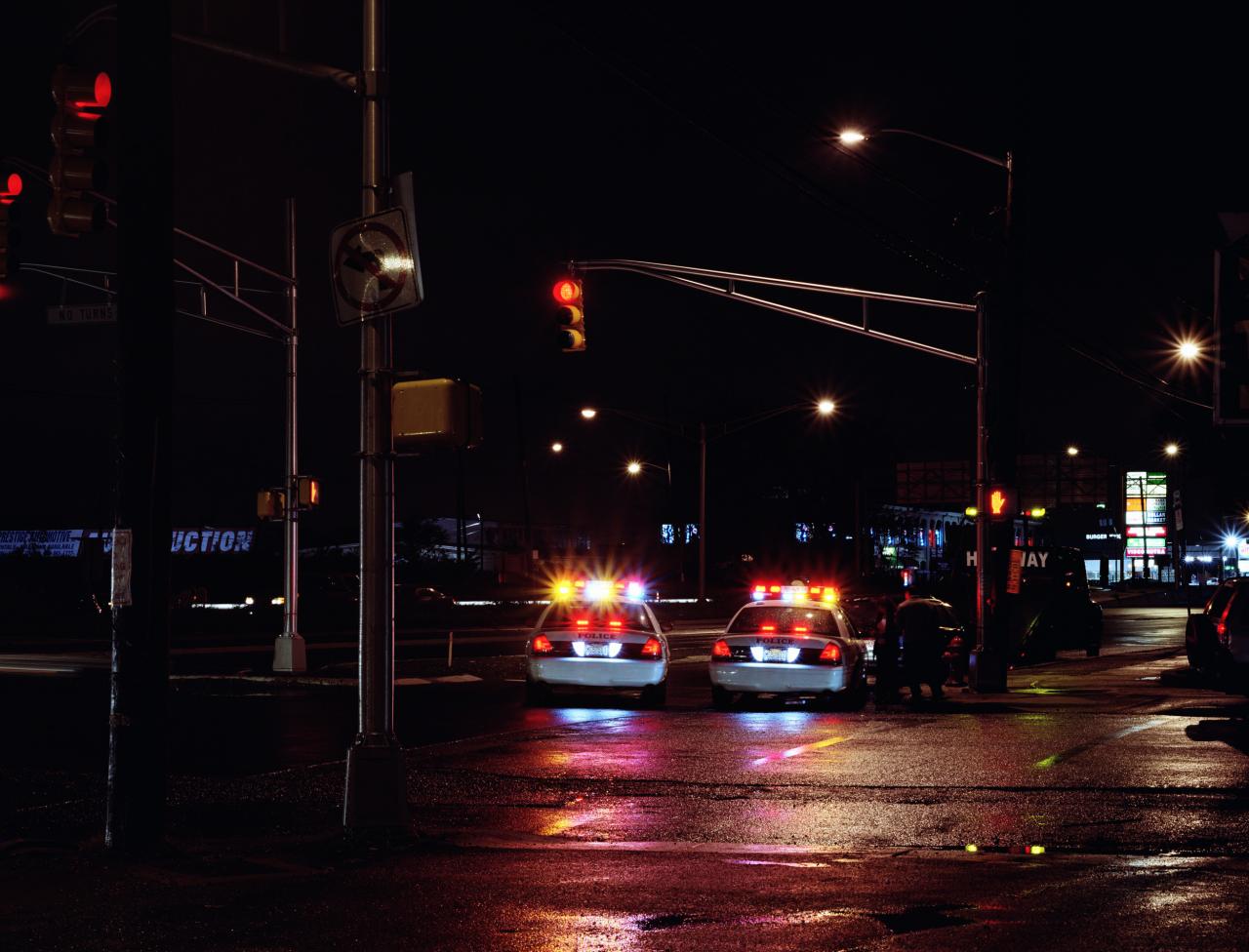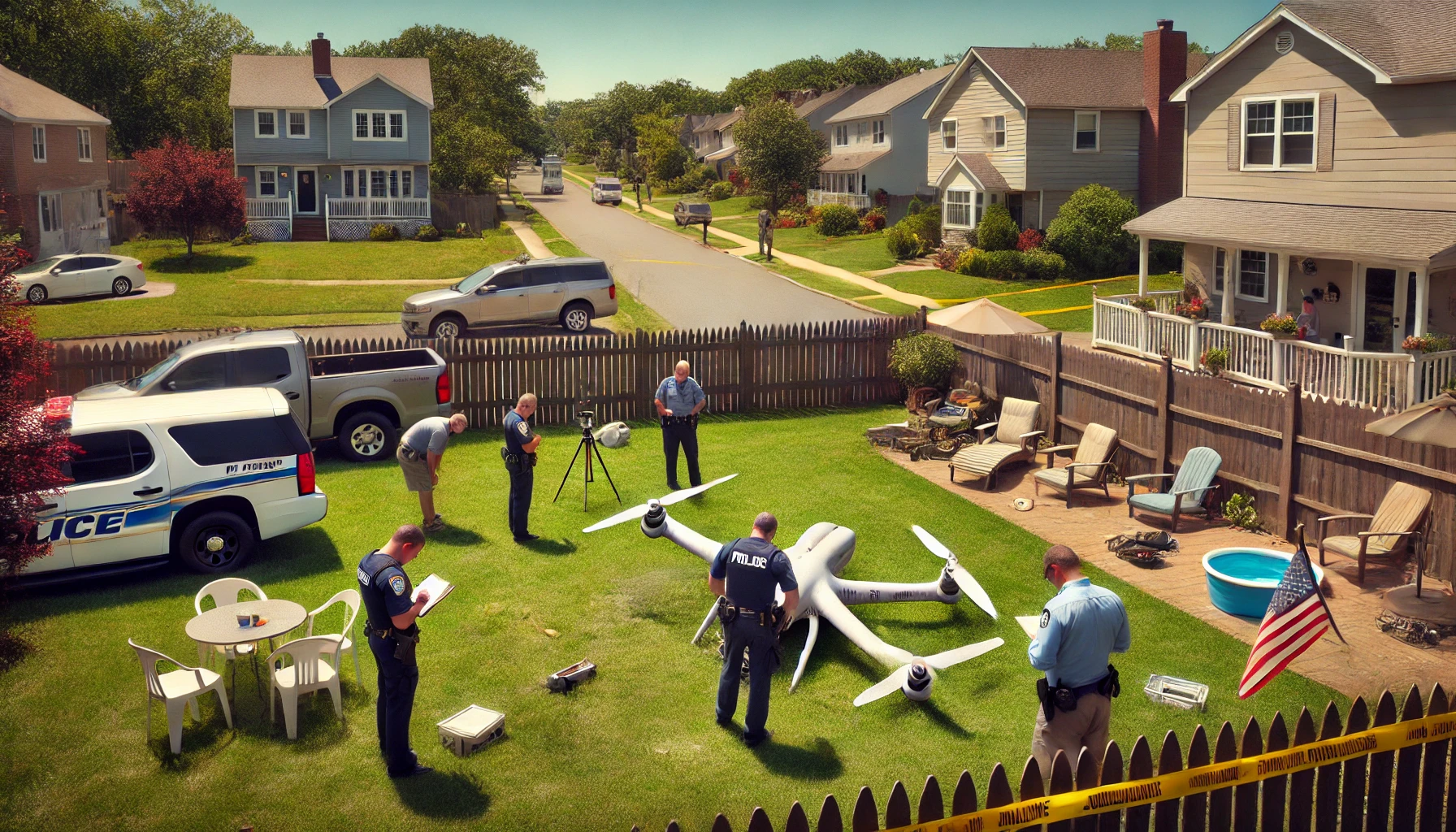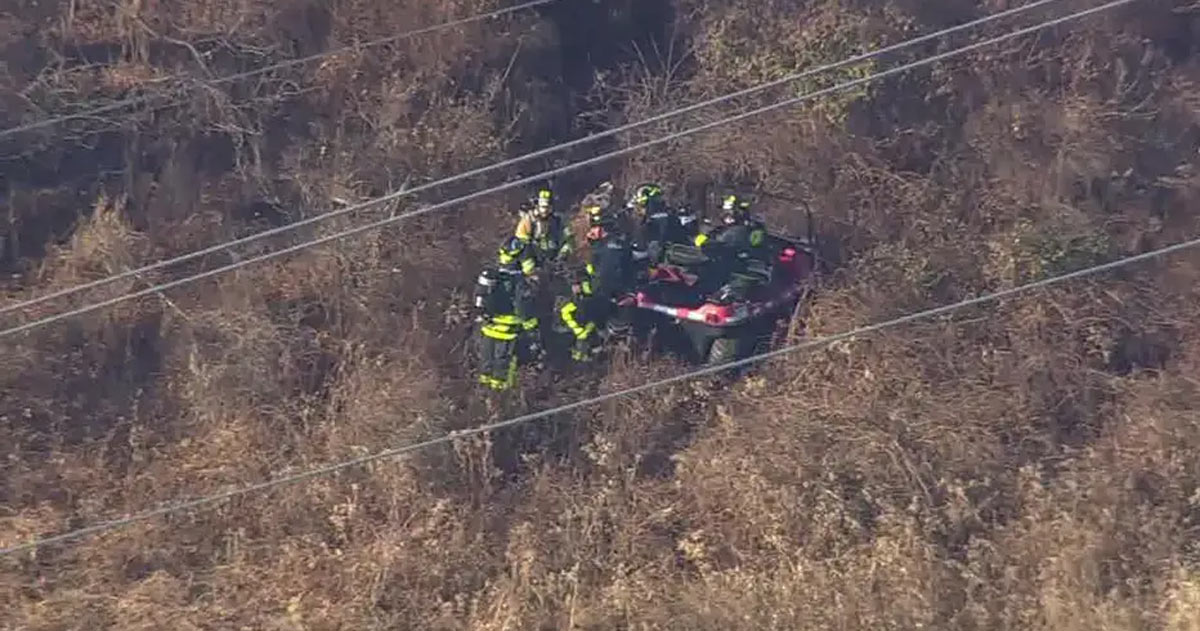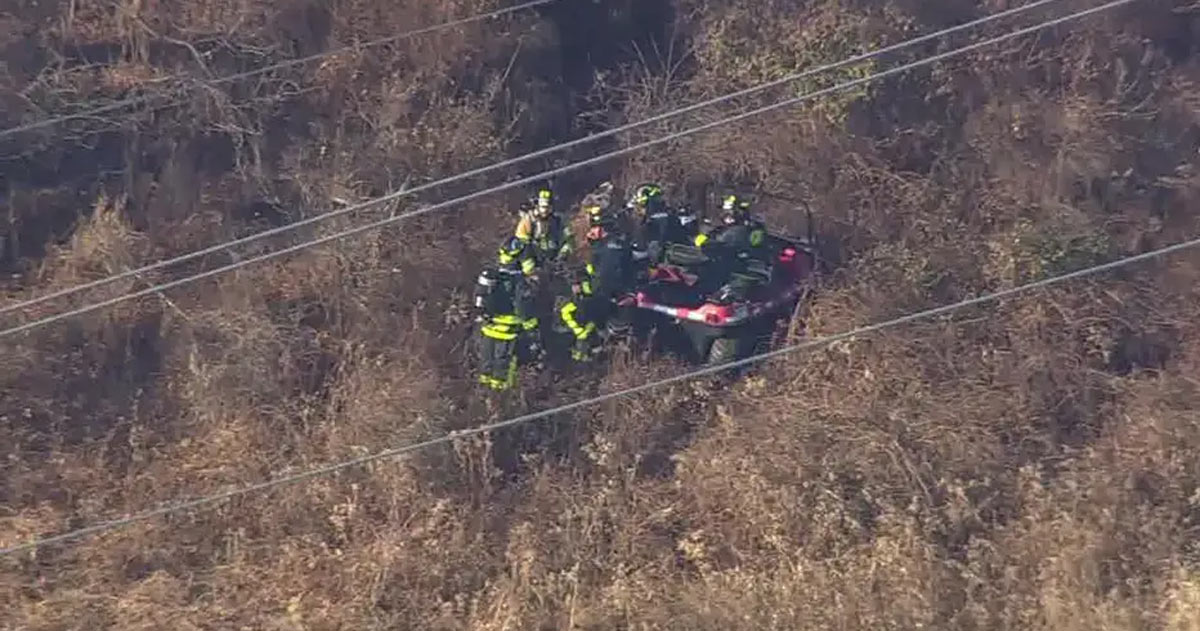Drone crashes in New Jersey represent a growing concern, demanding a thorough examination of their causes, consequences, and preventative measures. This analysis delves into recent incidents, exploring the contributing factors – from mechanical failures and pilot error to adverse weather conditions – and their impact on property, individuals, and the environment. We’ll also investigate existing regulations and safety protocols, while proposing future solutions to mitigate risks and foster responsible drone operation.
The frequency and severity of these incidents highlight the urgent need for improved safety standards and enhanced public awareness. Understanding the intricacies of drone technology and its potential hazards is crucial for ensuring safe integration into New Jersey’s airspace. This exploration will cover everything from the specifics of individual crashes to broader regulatory frameworks and technological advancements designed to prevent future occurrences.
Recent Drone Crashes in New Jersey: An Overview
Drone technology, while offering significant advancements across various sectors, also presents challenges regarding safety and regulation. This article examines recent drone crashes in New Jersey, exploring their causes, regulatory aspects, consequences, and potential preventative measures.
Recent Drone Crash Incidents in New Jersey

The following table details five significant drone crashes in New Jersey over the past year. Data on specific incidents is often limited due to privacy concerns and ongoing investigations; therefore, this data represents a general overview based on publicly available information.
| Date | Location | Circumstances | Outcome |
|---|---|---|---|
| October 26, 2023 | Trenton, Mercer County | Loss of signal during high-wind conditions; drone impacted a residential building. | Minor property damage; no injuries reported. |
| August 15, 2023 | Atlantic City, Atlantic County | Pilot error; drone collided with a power line. | Drone destroyed; brief power outage in the area. |
| June 10, 2023 | Newark, Essex County | Mechanical failure; motor malfunction during flight. | Drone crashed into an unoccupied vehicle; minor damage. |
| March 5, 2023 | Princeton, Mercer County | Collision with a bird; drone lost control and crashed. | Drone severely damaged; no injuries. |
| January 20, 2023 | Hoboken, Hudson County | Pilot error; drone flew beyond visual line of sight. | Drone crashed into the Hudson River; unrecoverable. |
A timeline of significant drone-related incidents over the past five years reveals a gradual increase in reported crashes, largely correlating with the increased popularity and accessibility of drone technology. Recurring patterns suggest that pilot error and unfavorable weather conditions are major contributing factors.
Recent drone crashes in New Jersey highlight the increasing need for advanced safety measures. Understanding the capabilities of various drone cameras is crucial for preventing such incidents, and the specifications of a port dover camera might offer valuable insights into potential improvements. Ultimately, preventing future drone crashes in New Jersey requires a multi-faceted approach encompassing both technology and responsible operation.
Recent crashes involved a variety of drones, including DJI Mavic 2 Pro models (commonly used for aerial photography), Autel EVO II models (popular for commercial applications), and smaller, less expensive models used for recreational purposes. The intended use varied from recreational flights to commercial inspections.
Causes of Drone Crashes in New Jersey

Analysis of drone crash reports suggests three primary causes: pilot error, mechanical failure, and adverse weather conditions. These factors often interact, compounding the risk of accidents.
Pilot error, encompassing issues such as inadequate training, lack of situational awareness, and disregarding safety guidelines, is a significant contributor. Mechanical failure, including battery issues, motor malfunctions, and GPS glitches, accounts for a substantial portion of crashes. Adverse weather, such as strong winds, heavy rain, and fog, significantly reduces drone stability and control, increasing the likelihood of accidents.
The impact of mechanical failure versus pilot error is complex. While mechanical failure can be sudden and unpredictable, responsible pilots should be trained to handle such situations through pre-flight checks and emergency procedures. Conversely, pilot error often stems from negligence or a lack of understanding of safe operating practices, highlighting the importance of training and education.
Weather significantly influences drone flight safety. Strong winds can easily overpower even the most advanced drones, while rain and fog can impair visibility and sensor functionality. Operators must understand weather forecasts and avoid flying in hazardous conditions.
Regulatory and Safety Aspects, Drone crashes in new jersey

New Jersey follows Federal Aviation Administration (FAA) regulations concerning drone operation. These regulations require registration for certain drones, pilot certification for commercial operations, and adherence to specific flight restrictions, such as avoiding airports and restricted airspace. Specific state laws might add further limitations.
Safety protocols emphasize pre-flight checks, maintaining visual line of sight, understanding weather conditions, and adhering to airspace restrictions. Pilots should always prioritize safety and be aware of their surroundings.
A hypothetical safety training program for drone operators in New Jersey would include modules on FAA regulations, pre-flight checks, emergency procedures, weather awareness, airspace navigation, and responsible operation. Hands-on training and simulated flight scenarios would be crucial components.
Recent reports highlight a concerning increase in drone-related incidents within New Jersey. Understanding the causes behind these accidents is crucial for improving safety regulations. For a detailed overview of these events, including specific locations and circumstances, you can consult this comprehensive resource on drone crashes in New Jersey. Analyzing this data will help inform future preventative measures and ensure responsible drone operation throughout the state.
Impact and Consequences
Drone crashes can have serious consequences. Property damage, from minor scratches to significant structural damage, is a common outcome. Injuries, ranging from minor scrapes to severe trauma, are possible depending on the drone’s size, weight, and impact location. Environmental damage, particularly in sensitive ecosystems, can also result from crashes.
A hypothetical scenario: A drone malfunction near a crowded park causes it to fall, striking several people and causing significant injuries. Emergency responders would need to secure the scene, provide medical assistance, and investigate the cause of the crash. The park would require closure for cleanup and safety assessment.
Economic implications include repair costs for damaged property, insurance claims, and potential legal liabilities for the drone operator. In cases of significant damage or injury, legal battles and substantial financial penalties can ensue.
Future Implications and Preventative Measures
Technological advancements, such as improved sensor technology, autonomous obstacle avoidance systems, and enhanced battery technology, are expected to enhance drone safety. Redundant systems and fail-safes will minimize the risk of catastrophic failures.
Future regulations might include stricter pilot certification requirements, mandatory insurance for drone operation, and more robust airspace management systems. Increased use of geofencing technology could restrict flights over sensitive areas.
Public awareness campaigns are essential. Educating the public about safe drone operation, responsible piloting, and the potential consequences of irresponsible behavior will contribute significantly to accident prevention.
In conclusion, the rise of drone-related incidents in New Jersey necessitates a multifaceted approach to safety and regulation. By analyzing past crashes, understanding their root causes, and implementing proactive measures, we can strive towards a safer future for both drone operators and the public. Ongoing technological advancements, coupled with robust regulatory frameworks and heightened public awareness, are vital in mitigating risks and promoting responsible drone usage within the state.
The ultimate goal is to harness the benefits of drone technology while minimizing its inherent dangers.
Detailed FAQs
What types of insurance are required for drone operation in New Jersey?
Liability insurance is generally recommended, and specific requirements may depend on the drone’s intended use and weight. Check with the FAA and relevant New Jersey agencies for the most up-to-date information.
Are there specific airspace restrictions for drones in New Jersey?
Yes, drone operation is restricted near airports, critical infrastructure, and populated areas. Consult the FAA’s B4UFLY app or website for detailed airspace information before each flight.
What are the penalties for violating drone regulations in New Jersey?
Penalties can range from fines to legal action, depending on the severity of the violation. Refer to the FAA and New Jersey state regulations for specifics.
